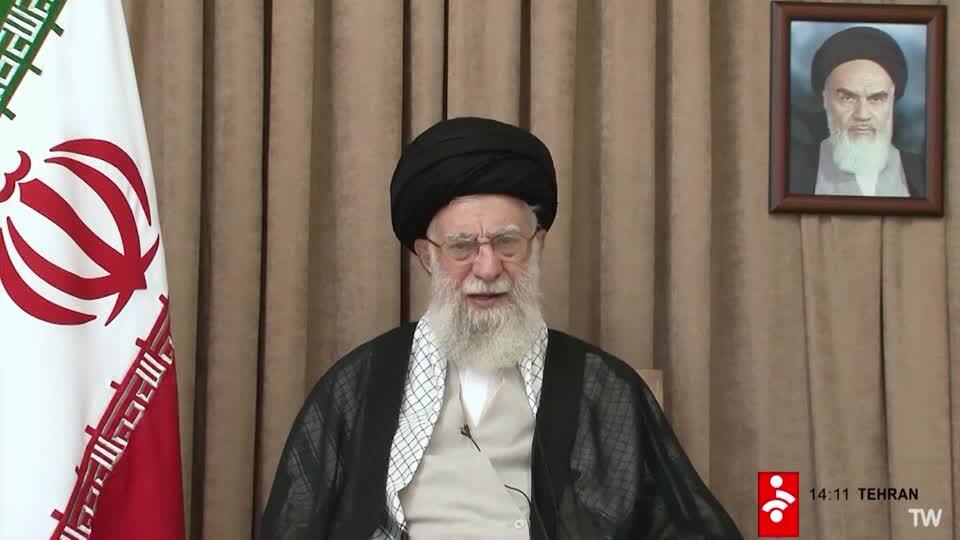
Introduction
Ali Khamenei, the Supreme Leader of Iran, plays a pivotal role in the governance and political landscape of the country. Since his ascent to power in 1989, Khamenei has significantly influenced Iran’s domestic and foreign policies. Understanding his leadership style, ideologies, and recent actions is crucial for comprehending the geopolitical dynamics of the Middle East, especially amid rising tensions and international scrutiny.
Khamenei’s Leadership Style
Ali Khamenei’s leadership is characterized by a blend of religious authority and political acumen. His position as Supreme Leader grants him vast powers, including control over the military, security, and the judiciary. Khamenei’s governance has often been described as conservative, favoring policies that promote the Islamic Revolution’s principles while opposing Western influences.
Recent Developments
Recent events highlight Khamenei’s continued relevance in Iranian politics. In September 2022, protests erupted across Iran following the death of Mahsa Amini, a young woman detained for allegedly violating the country’s strict hijab laws. In response, Khamenei condemned the protesters and vowed to uphold Islamic values, reflecting his unwavering stance against dissent. Moreover, Khamenei’s regime faces increasing challenges, including economic sanctions and isolation due to its nuclear program, which have placed further pressure on his leadership.
Influence on Foreign Relations
Khamenei’s approach to foreign relations is chiefly marked by hostility towards the United States and Israel, viewing them as key adversaries of the Islamic Republic. Under his leadership, Iran has developed its influence in the region, particularly through proxy groups in Syria, Lebanon, and Yemen. Khamenei’s support of militant groups aligns with his vision of resisting Western hegemony and promoting an Islamist paradigm in Middle Eastern geopolitics.
Conclusion
Ali Khamenei remains a formidable figure in both Iranian and Middle Eastern politics. His responses to domestic unrest and international challenges will shape not only the future of Iran but also the geopolitical landscape of the region. As Iran navigates its complex relationships and internal dissent, the role of the Supreme Leader in directing the course of the nation remains critical. Moving forward, analysts and observers will likely continue to monitor Khamenei’s decisions closely, as they hold significant implications for both Iran and global peace initiatives.



